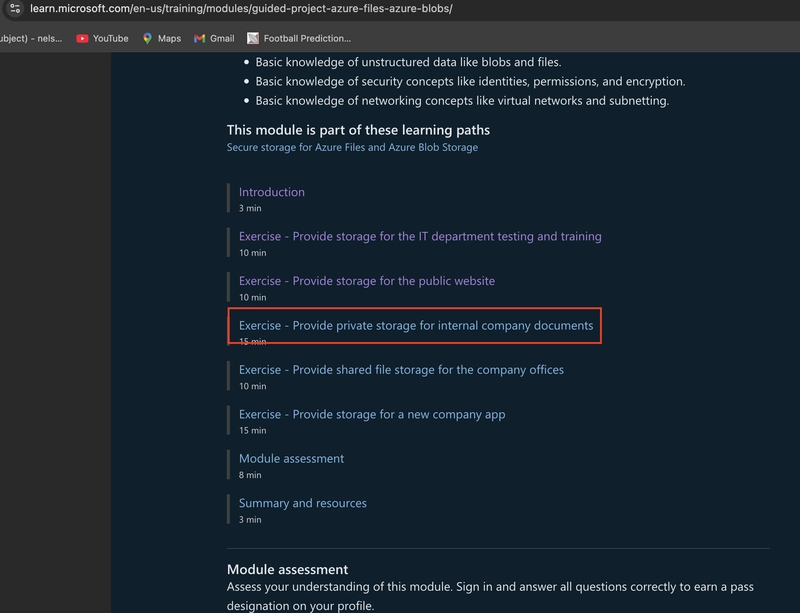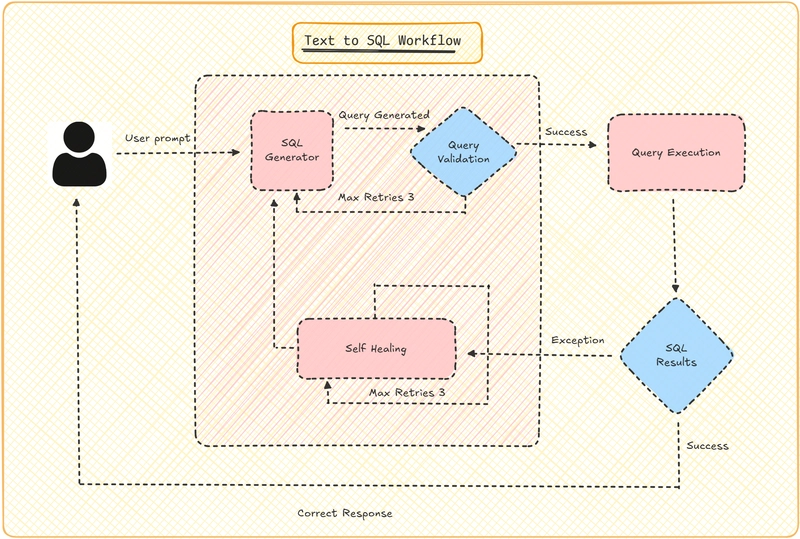Exploring the Astro Framework.
What is Astro? Astro is an innovative web framework aimed at building quick, efficient, and content-driven websites. In contrast to conventional JavaScript-focused frameworks, Astro utilizes an "islands architecture," which serves static HTML by default and only loads JavaScript as needed. This method significantly boosts website performance and enhances user experience, making Astro a great option for static sites, blogs, documentation, and marketing pages. The History of Astro Astro was first introduced by Fred K. Schott and his team at Snowpack in June 2021. The goal was to create a framework that prioritizes performance while maintaining developer-friendly features. The project quickly gained popularity, thanks to its innovative approach to web development, and has since evolved into a powerful tool with a growing community of users and contributors. How Astro Works Astro provides a structured approach to web development with the following key elements: Pages Astro follows a file-based routing system where each .astro file inside the src/pages/ directory automatically becomes a route. For example: /src/pages/index.astro → `/` /src/pages/about.astro → `/about` Layouts Layouts in Astro allow for reusable templates that help structure multiple pages. A layout file typically includes a element where page content gets injected. --- layout: "../layouts/BaseLayout.astro" --- Welcome to Astro! Components Astro supports component-based development. Components can be written in .astro files, as well as in React, Vue, Svelte, and other supported frameworks. Example Astro component: --- const props = Astro.props; --- {props.title} {props.content} *Partial Hydration Unlike traditional frameworks that load JavaScript for the entire page, Astro enables partial hydration, allowing developers to specify which components need client-side JavaScript. Example: console.log("This script runs only on the client-side component!"); Markdown & MDX Support Astro natively supports Markdown and MDX, making it easy to create content-driven websites such as blogs and documentation pages. Advantages of Using Astro Astro offers several key advantages that make it stand out among web frameworks: Performance Optimization – Astro ships minimal JavaScript, leading to faster page loads. Component-Based Architecture – Supports multiple UI frameworks, including React, Vue, Svelte, and Solid. Static Site Generation (SSG) – Generates pre-built HTML for improved SEO and performance. Partial Hydration – Loads JavaScript only for interactive components, reducing unnecessary client-side rendering. 5.** Developer Experience** – Easy-to-learn syntax with Markdown and MDX support. Flexible Integrations – Works with various CMSs, APIs, and third-party tools. The Latest Version of Astro To stay up-to-date with the latest improvements, Astro frequently releases updates with new features and optimizations. The current version of Astro can be checked on its official website or GitHub repository. The latest updates often include bug fixes, performance enhancements, and new integrations. Why is Astro Better Than Other Frameworks? Astro outperforms many traditional frameworks in certain aspects due to its unique design. Unlike React, Vue, or Angular, which rely heavily on client-side JavaScript, Astro prioritizes static rendering and minimal JavaScript usage. This makes it an excellent choice for websites that require speed and efficiency without compromising interactivity. Other Web Frameworks Available While Astro is an innovative framework, several other web frameworks are also widely used for different purposes: Next.js – A powerful React-based framework for server-side rendering and static site generation. Nuxt.js – The Vue equivalent of Next.js, offering similar SSR and SSG capabilities. SvelteKit – A lightweight framework built around the Svelte compiler for fast performance. Gatsby – A React-based framework focused on building static sites with a strong plugin ecosystem. Hugo – A high-speed static site generator written in Go. The Future Potential of Astro Astro is set to experience substantial growth due to the increasing demand for faster and lightweight websites. With continuous development, enhanced tools, and a growing ecosystem, Astro is expected to become a top choice for developers who value performance and simplicity. As more businesses and developers embrace Astro, its capabilities will continue to expand, solidifying its position as a key player in modern web development. Astro offers a distinct approach to web development that appeals to both performance-focused developers and content-heavy websites. Whether you're creating a blog, a documentation site, or a comprehensive web application, Astro's speed, adaptability, and user-friendly features make it an excellent choice. If you

What is Astro?
Astro is an innovative web framework aimed at building quick, efficient, and content-driven websites. In contrast to conventional JavaScript-focused frameworks, Astro utilizes an "islands architecture," which serves static HTML by default and only loads JavaScript as needed. This method significantly boosts website performance and enhances user experience, making Astro a great option for static sites, blogs, documentation, and marketing pages.
The History of Astro
Astro was first introduced by Fred K. Schott and his team at Snowpack in June 2021. The goal was to create a framework that prioritizes performance while maintaining developer-friendly features. The project quickly gained popularity, thanks to its innovative approach to web development, and has since evolved into a powerful tool with a growing community of users and contributors.
How Astro Works
Astro provides a structured approach to web development with the following key elements:
- Pages Astro follows a file-based routing system where each .astro file inside the src/pages/ directory automatically becomes a route. For example:
/src/pages/index.astro → `/`
/src/pages/about.astro → `/about`
- Layouts Layouts in Astro allow for reusable templates that help structure multiple pages. A layout file typically includes a element where page content gets injected.
---
layout: "../layouts/BaseLayout.astro"
---
Welcome to Astro!
- Components Astro supports component-based development. Components can be written in .astro files, as well as in React, Vue, Svelte, and other supported frameworks. Example Astro component:
---
const props = Astro.props;
---
{props.title}
{props.content}
- *Partial Hydration Unlike traditional frameworks that load JavaScript for the entire page, Astro enables partial hydration, allowing developers to specify which components need client-side JavaScript. Example:
- Markdown & MDX Support Astro natively supports Markdown and MDX, making it easy to create content-driven websites such as blogs and documentation pages.
Advantages of Using Astro
Astro offers several key advantages that make it stand out among web frameworks:
- Performance Optimization – Astro ships minimal JavaScript, leading to faster page loads.
- Component-Based Architecture – Supports multiple UI frameworks, including React, Vue, Svelte, and Solid.
- Static Site Generation (SSG) – Generates pre-built HTML for improved SEO and performance.
- Partial Hydration – Loads JavaScript only for interactive components, reducing unnecessary client-side rendering. 5.** Developer Experience** – Easy-to-learn syntax with Markdown and MDX support.
- Flexible Integrations – Works with various CMSs, APIs, and third-party tools.
The Latest Version of Astro
To stay up-to-date with the latest improvements, Astro frequently releases updates with new features and optimizations. The current version of Astro can be checked on its official website or GitHub repository. The latest updates often include bug fixes, performance enhancements, and new integrations.
Why is Astro Better Than Other Frameworks?
Astro outperforms many traditional frameworks in certain aspects due to its unique design. Unlike React, Vue, or Angular, which rely heavily on client-side JavaScript, Astro prioritizes static rendering and minimal JavaScript usage. This makes it an excellent choice for websites that require speed and efficiency without compromising interactivity.
Other Web Frameworks Available
While Astro is an innovative framework, several other web frameworks are also widely used for different purposes:
- Next.js – A powerful React-based framework for server-side rendering and static site generation.
- Nuxt.js – The Vue equivalent of Next.js, offering similar SSR and SSG capabilities.
- SvelteKit – A lightweight framework built around the Svelte compiler for fast performance.
- Gatsby – A React-based framework focused on building static sites with a strong plugin ecosystem.
- Hugo – A high-speed static site generator written in Go.
The Future Potential of Astro
Astro is set to experience substantial growth due to the increasing demand for faster and lightweight websites. With continuous development, enhanced tools, and a growing ecosystem, Astro is expected to become a top choice for developers who value performance and simplicity. As more businesses and developers embrace Astro, its capabilities will continue to expand, solidifying its position as a key player in modern web development.
Astro offers a distinct approach to web development that appeals to both performance-focused developers and content-heavy websites. Whether you're creating a blog, a documentation site, or a comprehensive web application, Astro's speed, adaptability, and user-friendly features make it an excellent choice. If you haven't tried Astro yet, now is the perfect time to do so.!











































































































































































![[The AI Show Episode 142]: ChatGPT’s New Image Generator, Studio Ghibli Craze and Backlash, Gemini 2.5, OpenAI Academy, 4o Updates, Vibe Marketing & xAI Acquires X](https://www.marketingaiinstitute.com/hubfs/ep%20142%20cover.png)




























































































































![[DEALS] The Premium Learn to Code Certification Bundle (97% off) & Other Deals Up To 98% Off – Offers End Soon!](https://www.javacodegeeks.com/wp-content/uploads/2012/12/jcg-logo.jpg)


![From drop-out to software architect with Jason Lengstorf [Podcast #167]](https://cdn.hashnode.com/res/hashnode/image/upload/v1743796461357/f3d19cd7-e6f5-4d7c-8bfc-eb974bc8da68.png?#)








































































































.png?#)























.webp?#)










_Christophe_Coat_Alamy.jpg?#)
 (1).webp?#)




































































































![Apple Considers Delaying Smart Home Hub Until 2026 [Gurman]](https://www.iclarified.com/images/news/96946/96946/96946-640.jpg)
![iPhone 17 Pro Won't Feature Two-Toned Back [Gurman]](https://www.iclarified.com/images/news/96944/96944/96944-640.jpg)
![Tariffs Threaten Apple's $999 iPhone Price Point in the U.S. [Gurman]](https://www.iclarified.com/images/news/96943/96943/96943-640.jpg)



































































































































